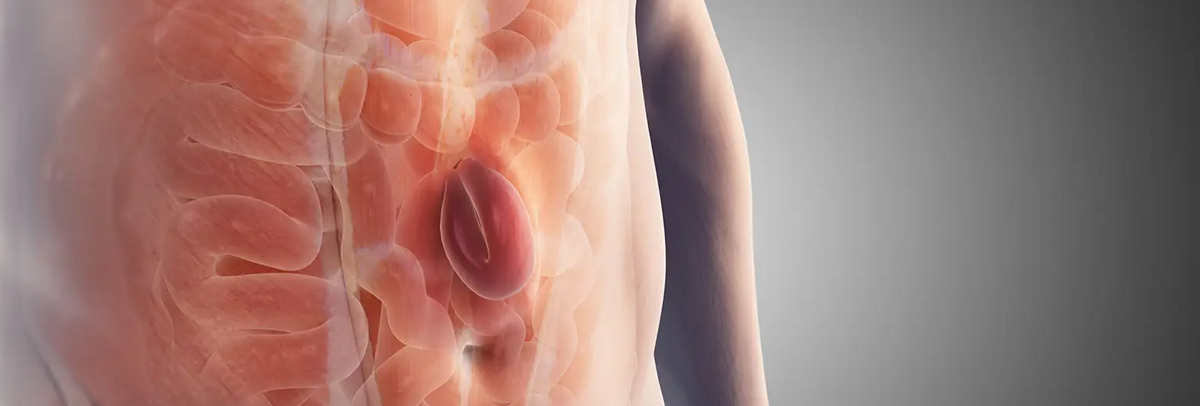Hernia Surgery

A hernia is a protrusion of the abdomen through the weakest part of the muscle and tissue that contains it. A hernia usually does not resolve on its own and needs surgery to repair. It usually shows as a bulge in the abdomen, belly button, groin, or upper thigh. A hernia is caused by a wide range of reasons including prolonged constipation, persistent coughing or sneezing, habitual lifting of heavy objects, and obesity. Generally, people between the age of 40 and 70 are more prone to hernia. People suffering from a hernia can experience symptoms like the presence of a lump in the affected area, pain, and discomfort. Types of hernia are
- Inguinal hernia
- Umbilical hernia
- Femoral hernia
- Hiatal hernia
- Incisional hernia
Symptoms depend upon the type of hernia, whether it is a reducible, irreducible, or strangulated hernia. Hernioplasty is the procedure by which a mesh patch is stitched over the weakened part. Herniotomy is the removal of the hernial sac. Surgery is the only way of treatment to get rid of a hernia. But sometimes depending on the type and severity, painkillers and over-the-counter medications can do wonders.




